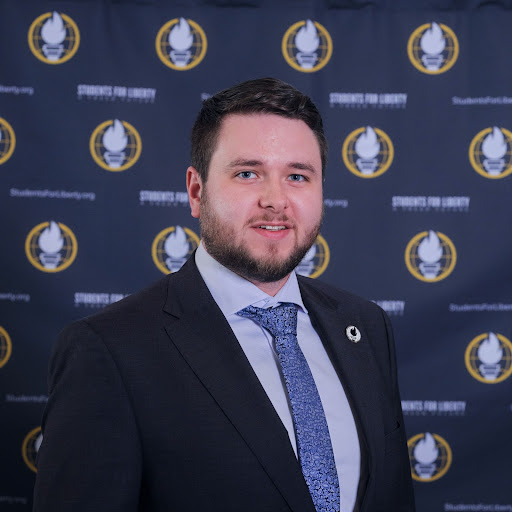In late August 2023, middle schooler, Jaiden Rodriguez, was removed from class over a Gadsden flag patch on his backpack.
An administrator at Vanguard School in Colorado Springs, Colorado, claimed that the reason Jaiden’s patch was deemed unacceptable was the Gadsden flag’s supposed connections to slavery and the slave trade, and that it would be disruptive.
This position stands in defiance of the First Amendment’s protection of free speech, which has long been deemed fully applicable to publicly funded schools by the U.S. Supreme Court.
Indeed, in Healy v. James (1972), the Supreme Court declared that, “the precedents of this Court leave no room for the view that… First Amendment protections should apply with less force on college campuses than in the community at large.”
Moreover, regardless of where it stands with the law, the school administrator’s take on the Gadsden flag — an iconic symbol of liberty and the American Revolution — could not be more wrong.
If you’d like to read more about the origins and symbolism of the Gadsden flag, you can check out our article on it here:
The Gadsden flag: a historic symbol rooted in classical liberalism
Ultimately, after significant public outcry and political attention, Jaiden was allowed to return to school with his Gadsden flag patch visible, but not before sparking fresh debates about freedom of speech and school policies.
Nonetheless, when the school relented and permitted his display of the symbol, they did so on the condition that nobody complained about it.
This position forms part of a wider shift — a subtle erosion of the once-universal commitment to free speech. Instances abound where students, driven by concerns about hate speech, misinformation, and a desire for safe spaces, are willing to entertain constraints on this fundamental right.
Yet, the suppression of diverse opinions stifles creativity, hinders intellectual growth, and, historically, has impeded social progress. Indeed, to curtail free speech is to place shackles on the very engine that propels societies forward.
Faced with the current skepticism around freedom of expression, an important question arises: Are we witnessing a generation willing to trade liberty for a sense of security?
Jaiden, for one, is not going to sit by quietly and let this happen. He has since filed a federal lawsuit against both Harrison School District 2 and Vanguard School in a bid to ensure no one’s free speech rights are infringed on again in local schools.
The 12-year-old’s stand against misinformed, authoritarian, and unconstitutional school policy is commendable. However, in order to protect free speech rights across the United States, it is important that more students can find the courage to follow Jaiden’s example and take a stand in their schools.
That is exactly why Jaiden will be joining us in Washington, D.C., on February 2-4, 2024, taking to the main stage at Students For Liberty’s flagship annual event, LibertyCon International.
There, he will discuss his story and wider considerations around the state of free speech in America’s schools with Libertas Institute co-founder and president Connor Boyack.
If you’re passionate about defending freedom of expression and find Jaiden’s story inspiring, this is an event you won’t want to miss!
Click the button below to sign up for updates and secure your spot at this exciting event. We can’t wait to see you there!
This piece solely expresses the opinion of the author and not necessarily the organization as a whole. Students For Liberty is committed to facilitating a broad dialogue for liberty, representing a variety of opinions.



